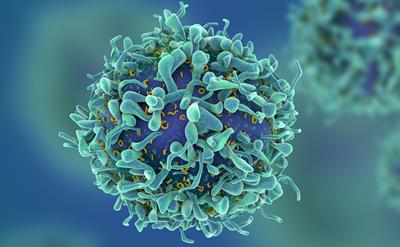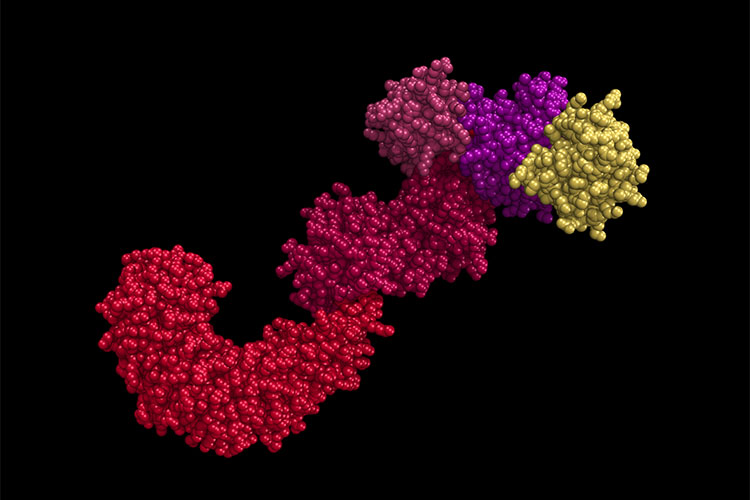
Scientists from the Antibody and Vaccine group at the University of Southampton have discovered a way to transform antibody drugs previously developed to treat autoimmunity into antibodies with powerful anti-cancer activity through a simple molecular “switch.”
This work, published in the journal Cancer Cell, focuses on a molecule called CD40 which is present on the surface of immune cells and controls both autoimmunity and cancer. In autoimmunity, CD40 is thought to be over-stimulated, increasing the chance of the immune system attacking healthy tissues; whereas in cancer, CD40 is believed to be under-stimulated, enabling tumour cells to evade the immune system. Targeting of CD40 with antibody drugs is ongoing in therapeutic interventions for both diseases.
Accordingly, antibody...
Read More







Recent Comments